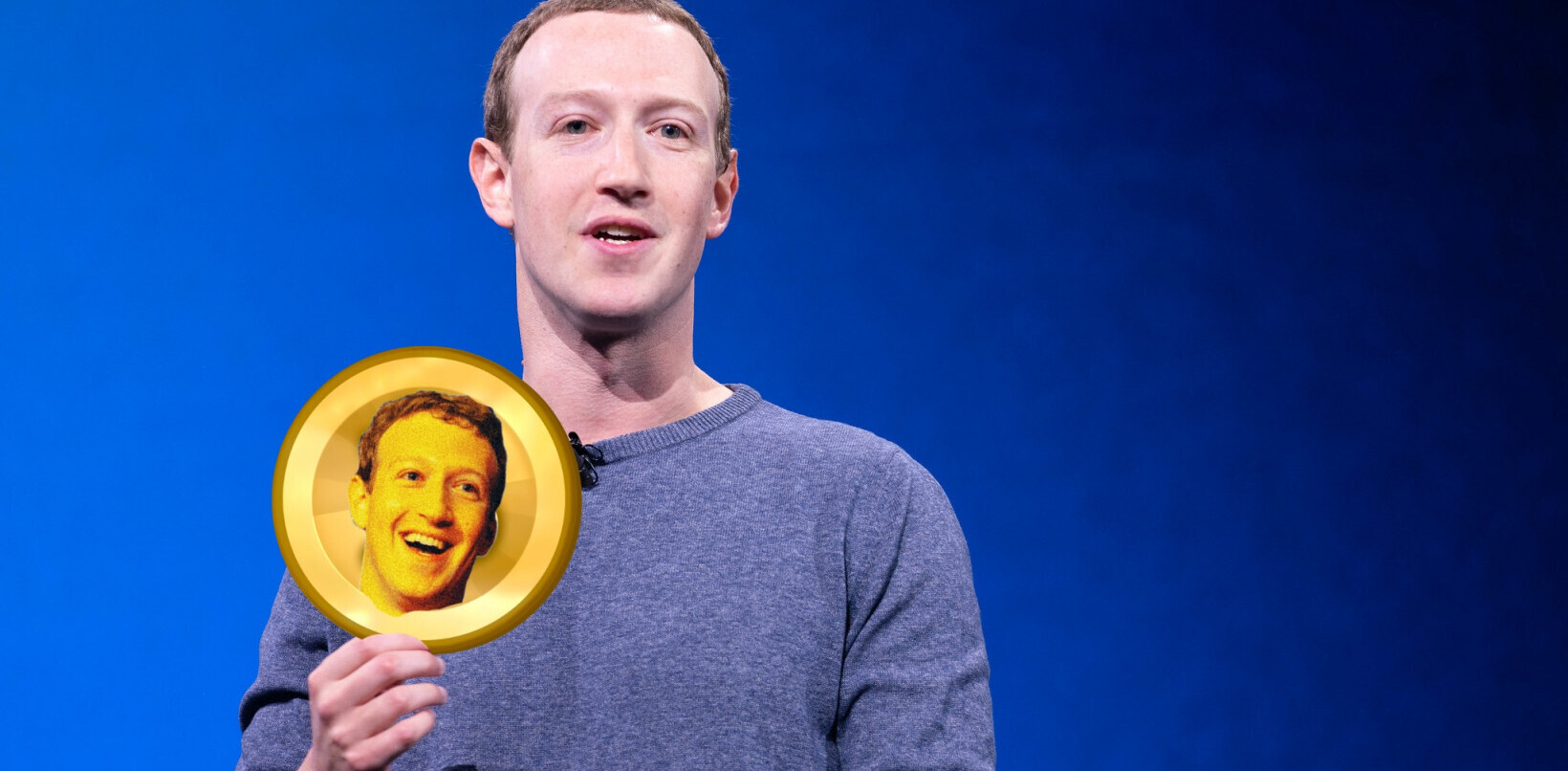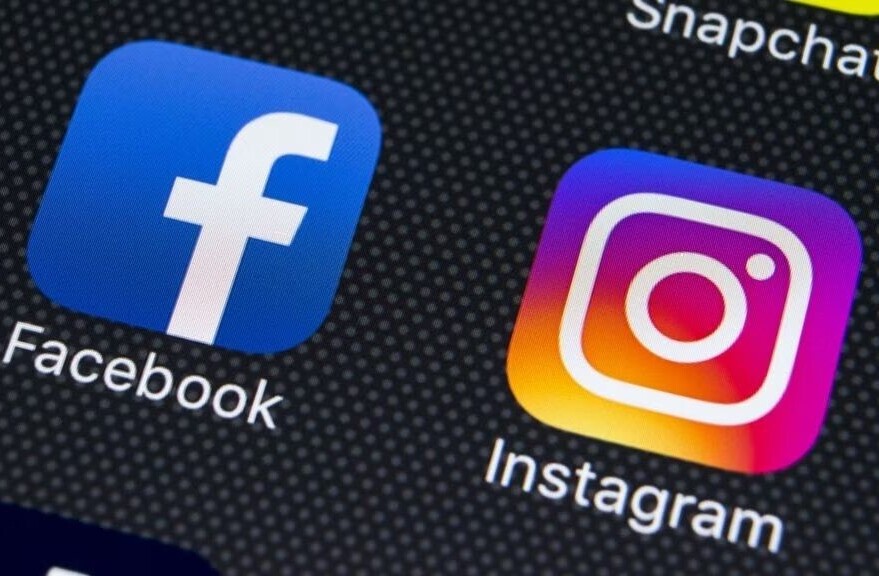
Facebook has spent the last few months developing its Messenger app into a more feature-rich service to rival WhatsApp and others, and it’s sure to have more plans to branch into new areas and provide a better user experience.
We’ve long said that the social network needs to up its messaging game, since the genre is exploding in Asia and has the potential to become a huge segment in North America and Europe. While Facebook owns the Web’s social experience, apps like Line, WeChat, WhatsApp and others are becoming the center of the smartphone experience for many.
Facebook was linked with a deal to buy WhatsApp back in December but, as we said back then, that move didn’t quite make sense. WhatsApp is still hugely popular but it appears to be in decline in key emerging markets, while Facebook’s own Messenger client has the potential to rival it if it is furnished with improvements. Now, it seems Facebook is exploring the latter idea.
Lately, Facebook has added a string of new features that include free VoIP calling, which is rolling out worldwide, and voice and video recording. While these features are not earth-shattering for those familiar with other apps, they show that the company is keen to sharpen its mobile messaging chops and adopt what is working for others in the market.
With that in mind, here’s a look at what Facebook might introduce to Messenger next. We’re taking a cue from Asia, where mobile messaging has exploded over the past year and a half and become big business — China’s WeChat has 300 million users, Japan’s Line has 100 million and Korea’s Kakao Talk is close to the century mark.
Video calling
With VoIP calling already rolled out in Canada and the US and coming to more markets soon, Skype-like video calls would be a logical next step. Already the feature is common to most messaging apps, especially those in Asia, and adding the option to video chat with friends would likely give the app new appeal. FaceTime has proven popular for allowing easy video calls, but Facebook Messenger video would be truly cross-platform given that almost all smartphone owners use the social network.
Even BlackBerry’s BBM service — which stubbornly stayed text-only until late last year — has embraced video calling. We expect Facebook to follow suit with Messenger soon. Any such move will put pressure on Skype, which is yet to find the recipe of success to translate its popularity on PCs over to mobile.
In-chat multimedia
Kik recently launched a new feature to allow its 30 million registered users to easily share content from YouTube and other places across the Web in conversations, and ‘easy sharing’ is also common among Asia’s top players. Indeed, WeChat and others have gone so far as to allow publishers and brands to create channels to push information, including multimedia and links, to users that opt in to receive it.
While this relates directly to many of their business models — companies pay to run brand campaigns using channels — such a move could allow Facebook to push content from Timelines, News Feeds or even Graph Search into chats. That could create further engagement and also generate higher–quality traffic (links sent from within chats have a higher level of trust than those that appears on the ‘open’ Web) through to Facebook.
Stickers
Stickers are funky cartoons that are particularly popular in Asia for adding character and conveying emotion in conversations. Users typically pay a dollar or two for a set of upwards of 10 stickers.
They may sound strange or quirky to those in the West, but they have grown into a proven business model for many chat app makers. Line’s stickers — which are paid for using its virtual currency — brought in $4.4 million in revenue over July and August 2012. Over that period, the company has grown from 55 million users to more than 100 million, so it is likely that its sticker business has kicked on considerably since then.
Facebook began trialing emoticons in status updates last week, as TechCrunch reports, so it is exploring the space with a little more interest but it is probably too soon to adopt full-on stickers. Given the way that they’ve been embraced across Asia — by users, chat apps and brands, which utilize them as promotion and advertising — Facebook is likely keeping an eye on developments.
Emoticons seemed ridiculous to those in Europe and the US last year, but they are commonly used. Might stickers be next?
Games
Facebook pioneered social gaming but the company is , as yet, still to find its stride on mobile gaming. Like multimedia content, gaming is fast becoming a key component of mobile messaging services in Asia.
Line has a system to allow users to play games and use apps together through its chat app. The service is open to developers but, thus far, its own games have been its biggest successes. Matching game Line Pop has reached 20 million downloads and Bust a Move-like Line Bubble has 10 million. Indeed, the rate at which they have grown has out-paced many favorites in the West, as a recent Distimo report pointed out.
As well as increasing engagement and time spent in apps, games are proving to be a sizable cash cow. Kakao Talk launched its Game Center for iOS last week, but the initial statistics that it released after the service complete a trial in Korea were impressive. During the Korea-only period, Kakao Games saw 82 million downloads from 23 million unique users. It brought in revenue of $51.6 million, with October alone seeing $35.3 million.
That trend is also working the other way. DeNA and GREE, two billion dollar games giants from Japan, have seen the potential and both stepped into the messaging market with new apps — DeNA Comm and GREE Messenger — last year. That’s a sure sign of the potential of the space.
Facebook is likely to be looking into this area, since it aligns with its mobile and gaming pushes. However, with more basic functionality still lacking from Messenger, we suspect that any integration with games will come further down the line.
Payments
Enabling payments isn’t the most obvious thing to expect from a mobile messaging app, particularly as firms that offer hardware that actually plugs into phones, like the Square reader, are leading the market at this early point. However, WeChat — which is owned by Chinese Internet giant Tencent — is set to test the potential of a union between payments and messaging.
The company revealed last year that it will integrate Tenpay, its PayPal-like service for e-payments, into WeChat. The messaging service is hugely popular across China and, with users already sharing photos, videos and more by shaking their devices, it isn’t difficult to see that payments could be handled in a similar way by the app, which has seen more than 300 million downloads worldwide.
Payment seems like a road Facebook is less likely to venture down in the immediate future but, with numerous businesses already connected to the company to run advertising, marketing and more via the social network, there is plenty of synergy. Particularly, since it launched the Facebook Card last week.
Headline image via Thinkstock
Get the TNW newsletter
Get the most important tech news in your inbox each week.







